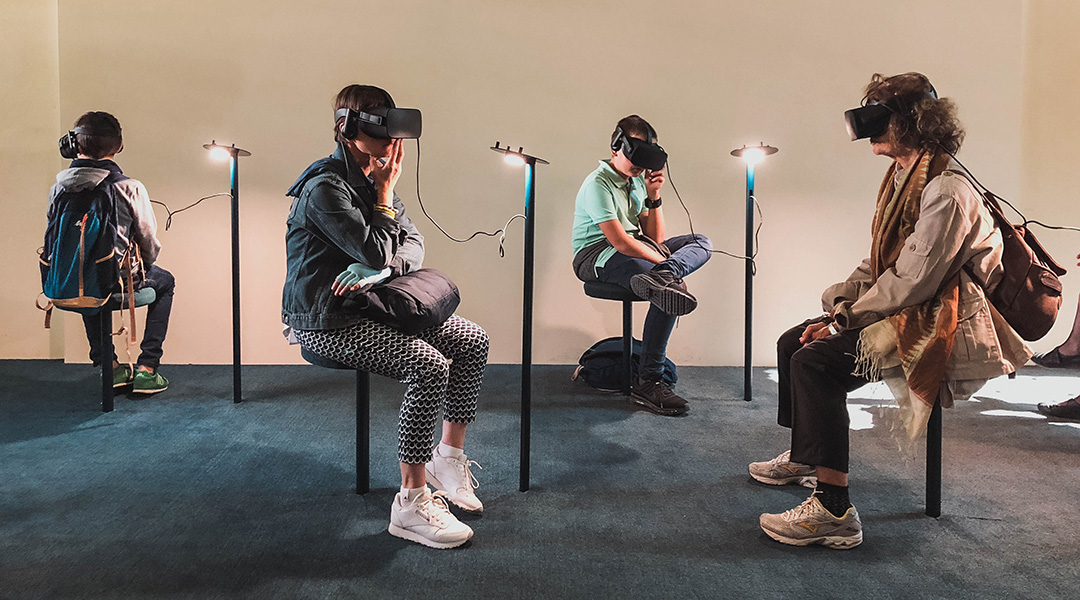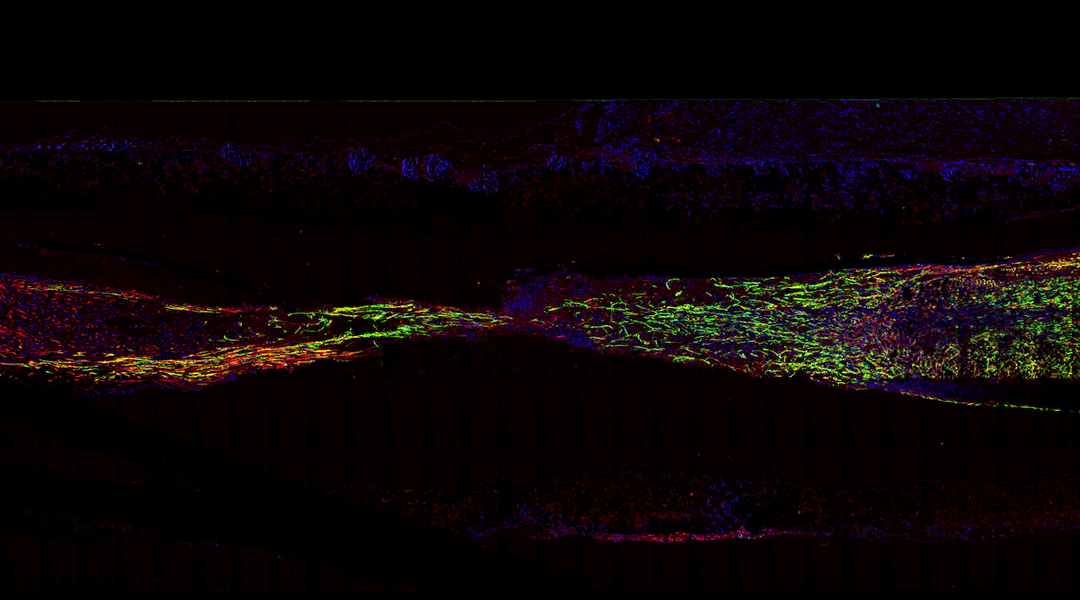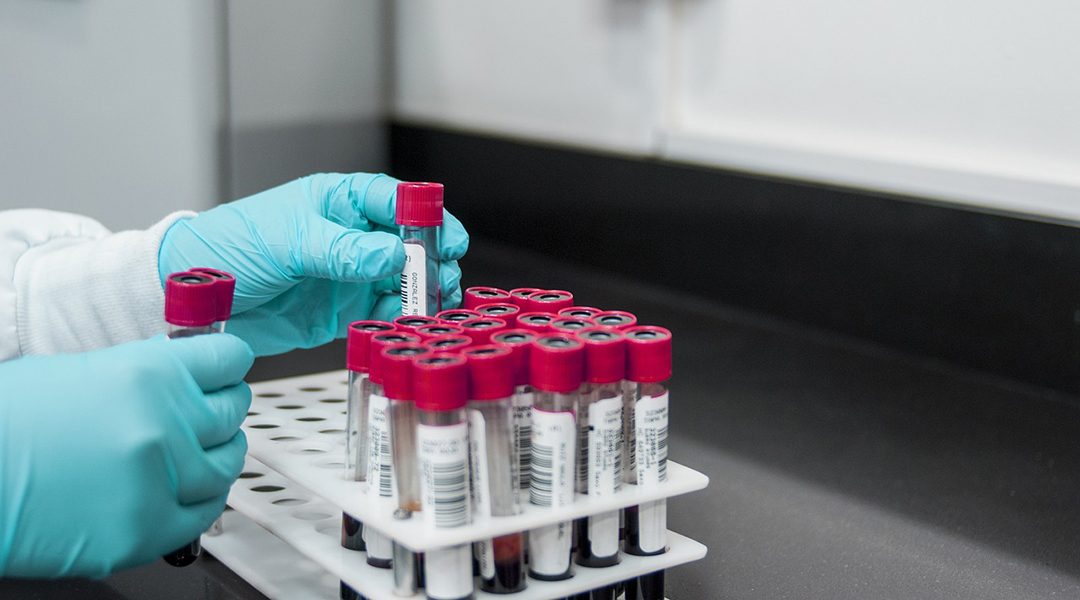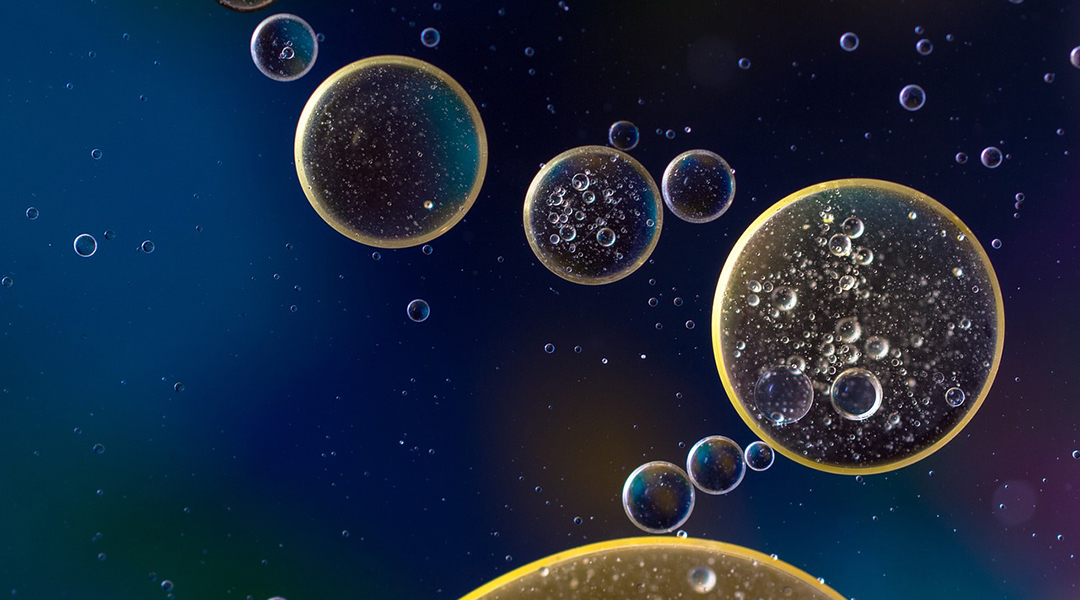Scientists develop a light-driven carbon capture system using photoacids, creating an energy-efficient method to remove atmospheric carbon dioxide.


Scientists develop a light-driven carbon capture system using photoacids, creating an energy-efficient method to remove atmospheric carbon dioxide.

A lot of money goes into making tech better, but more effort needs to be centered on improving the user’s emotional experience.

Cutting short “shut eye” by just an hour and a half a night directly impairs blood vessel cells in healthy women.

A fully biodegradable nerve scaffold not only helps regenerate damaged nerves, but negates the need for retrieval procedures.

A renewable, carbon-based absorbent is challenging MOFs in carbon capture technology, offering sustainable solutions for emissions reduction.

Scientists are hopeful that a new, more sensitive test for detecting ovarian cancer might provide better options, especially for patients with BRCA genes.

Fermions forming pairs? It’s just a matter of getting the conditions right.

Scientists are delving into the future of hair loss treatments, from macromolecules to laser therapies and CRISPR gene editing.

Analyzing human hair from remains recovered in Menorca, researchers say they have provided the earliest direct evidence of drug use.

A clever ocean-based device pulls and permanently sequesters carbon dioxide from the atmosphere, generating green hydrogen in the process.